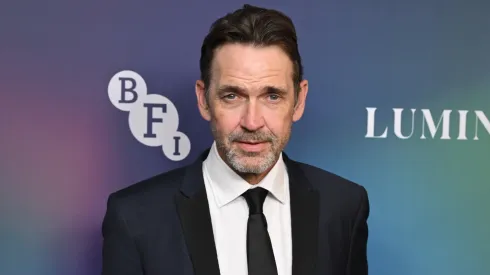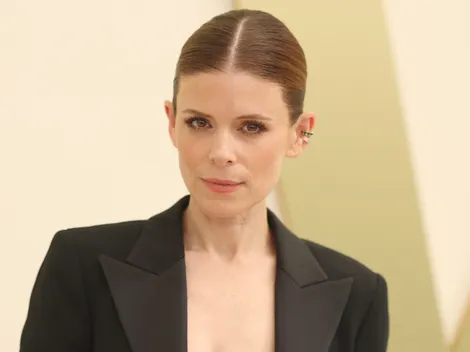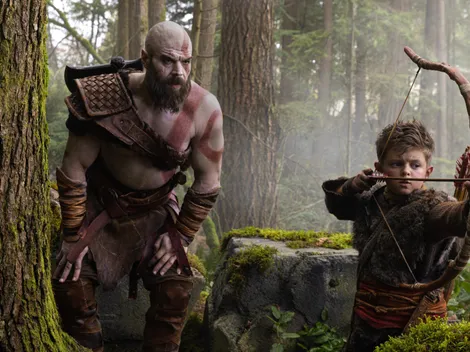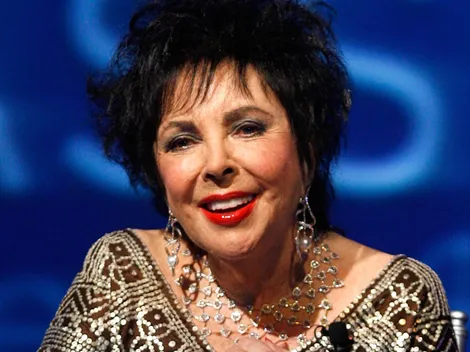Dougray Scott has built a career defined by intensity, precision, and a certain quiet magnetism that often sets his characters apart. From early acclaim in Ever After to the high-stakes tension of “Mission: Impossible 2“, his roles have consistently threaded together charm and steel.
As his filmography expanded, he gravitated toward characters layered with conflict—figures shaped by ambition, loyalty or moral uncertainty. Whether on television or the big screen, his performances have carried a distinct edge, revealing an actor who thrives in parts that demand both emotional weight and controlled force.
Detective Inspector Ray Lennox in Crime (2021–Present)

(Source: IMDb)
Widely considered the defining role of his recent career, Scott delivers an acclaimed performance as the haunted detective battling his own trauma and addiction while solving brutal cases in Edinburgh. Based on the novel by Irvine Welsh, the series allows Scott to explore immense psychological depth, earning him an International Emmy Award for his profoundly powerful and volatile portrayal.
Sean Ambrose in Mission: Impossible 2 (2000)
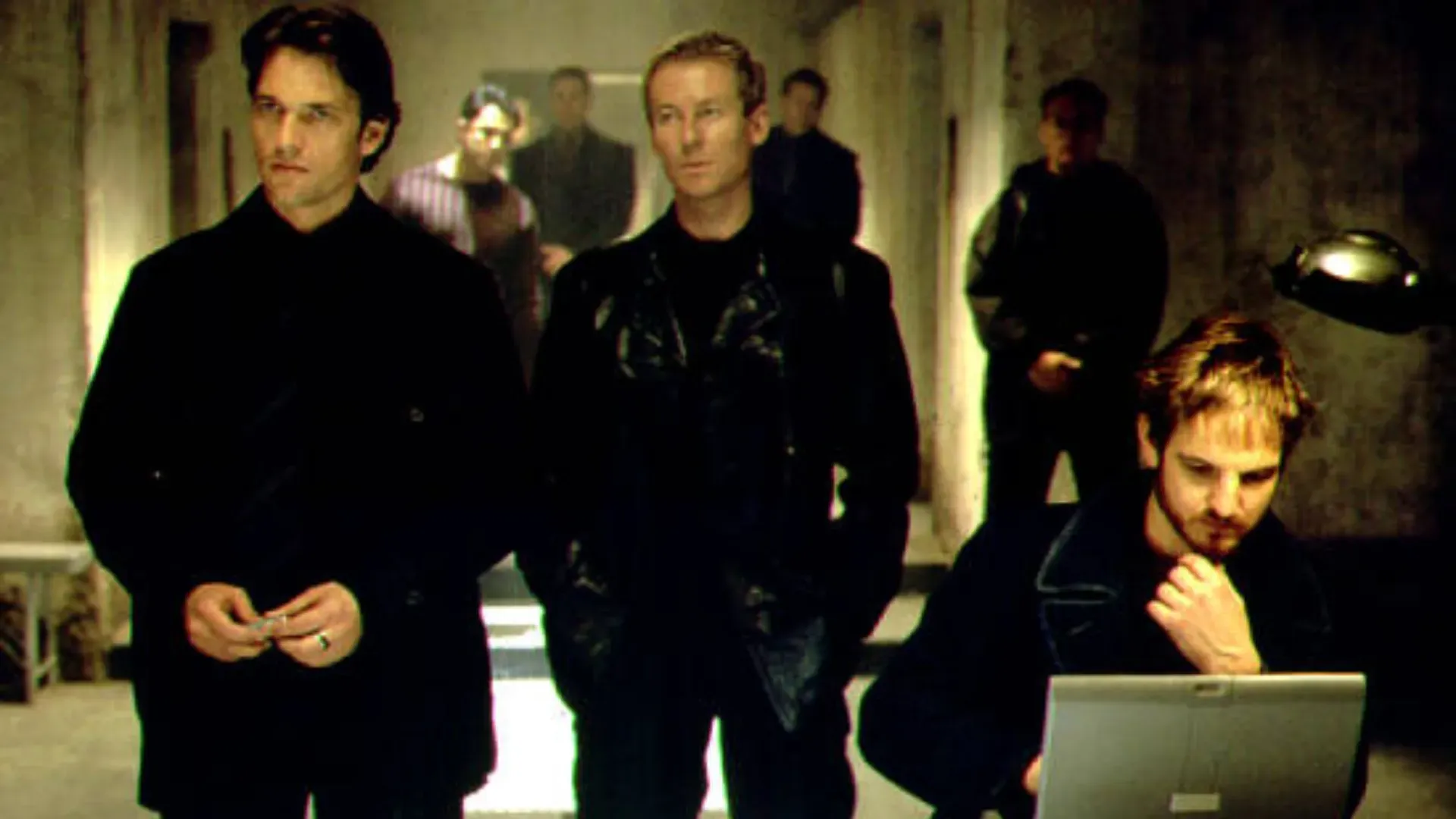
(Source: IMDb)
This is his most prominent blockbuster role, casting him as the treacherous ex-IMF agent and charismatic villain opposite Tom Cruise’s Ethan Hunt. Scott brought a suave, chilling intensity to the character of the double agent, delivering a memorable turn that cemented his standing in high-stakes Hollywood action cinema.
Prince Henry in Ever After: A Cinderella Story (1998)
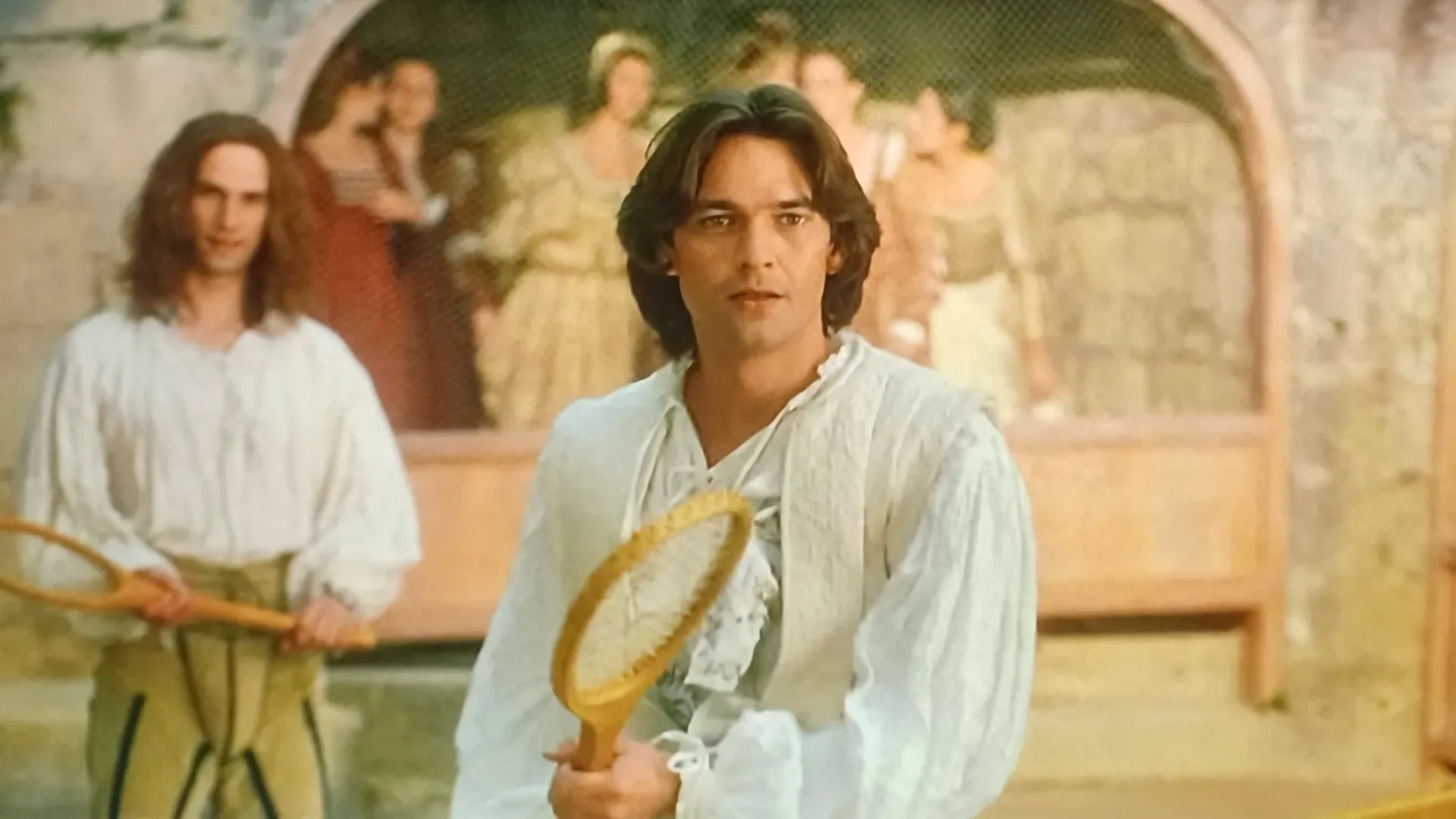
(Source: IMDb)
This enduringly popular romantic role saw him play the dashing, yet emotionally conflicted, Prince Henry of France. He successfully navigated the blend of period romance and feminist revisionism, portraying the prince as thoughtful and burdened by duty, making him a compelling and memorable romantic lead in this beloved retelling of the classic fairy tale.
Jonathan Trevanny in Ripley’s Game (2002)

(Source: IMDb)
In this sophisticated psychological thriller based on a Patricia Highsmith novel, Scott plays an ordinary man—a respectable art framer—who is cruelly manipulated by the sociopathic Tom Ripley. His performance is a masterful study of a man dragged against his will into a world of crime and moral collapse, showcasing his ability to portray profound vulnerability and increasing desperation.
Tom Jericho in Enigma (2001)

(Source: IMDb)
Set against the backdrop of Bletchley Park during World War II, Scott starred as a brilliant but socially awkward codebreaker attempting to solve a mysterious Nazi code while simultaneously untangling a personal mystery. The role demanded a quiet intellectual intensity and emotional precision, which he delivered expertly, anchoring the espionage thriller.
Ian Hainsworth in Desperate Housewives (2006–2007)
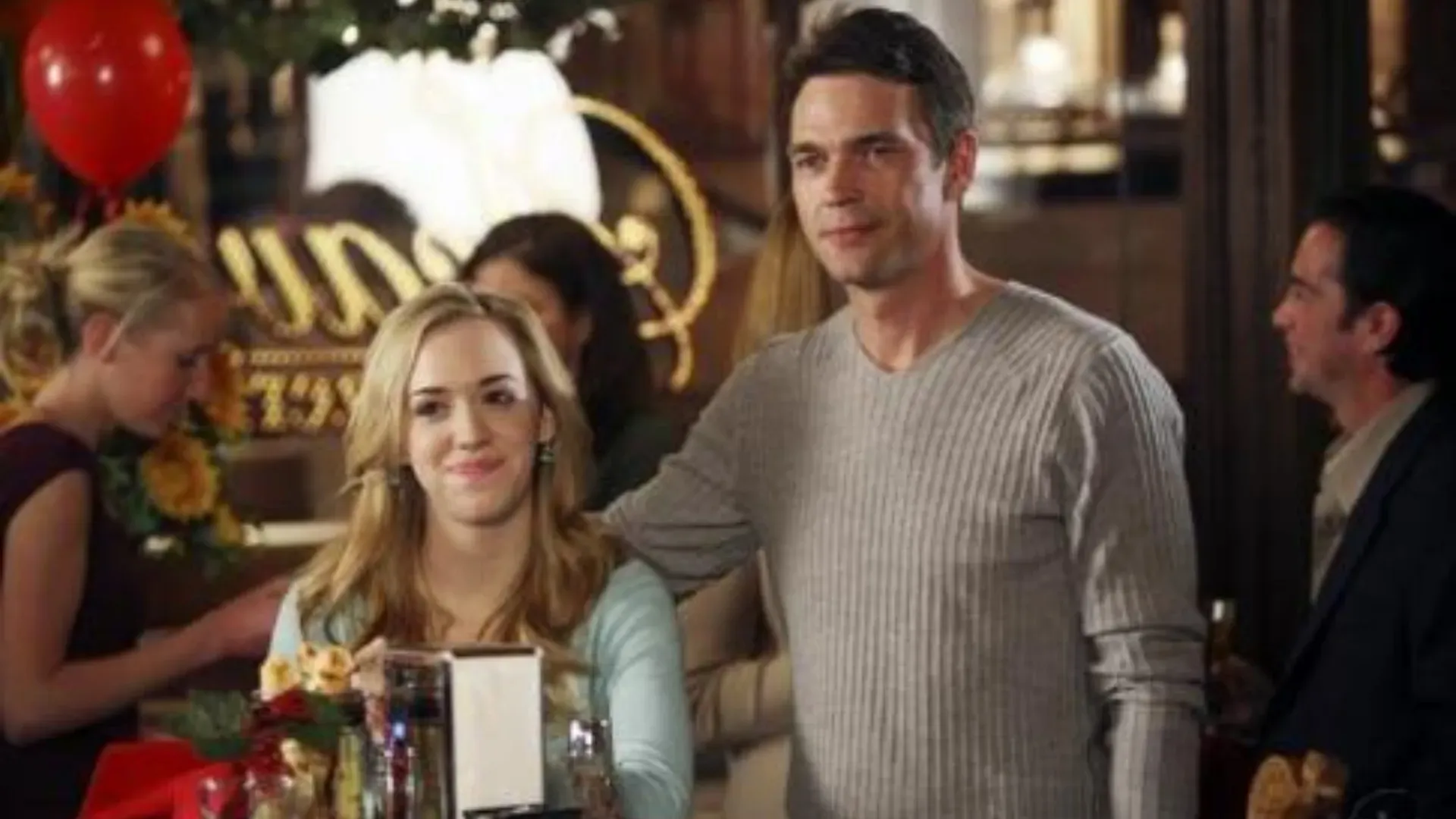
(Source: IMDb)
Scott made a significant impression in the realm of American television drama as Ian Hainsworth, Susan Mayer’s wealthy, charismatic, and emotionally complex love interest. This role showcased his capacity for charm and vulnerability, giving him a prominent place in one of the decade’s most talked-about ensemble casts.
Captain Robert Graves in Regeneration (1997)

(Source: IMDb)
This critically acclaimed British film, set during World War I, saw Scott portray Captain Robert Graves, the poet and writer. It was a pivotal early dramatic role that highlighted his serious acting credentials and ability to convey the trauma and internal conflict of a soldier and artist facing the horrors of war and the pressures of literary celebrity.
Mike Whittier in Hitman (2007)

(Source: IMDb)
In this adaptation of the popular video game, Scott played the determined FBI agent Mike Whittier, who is relentlessly pursuing the elusive assassin Agent 47. The role required a stoic, driven energy, and Scott effectively portrayed the antagonist foil, bringing a sense of grounded realism to the stylized action genre.
Arthur Miller in My Week with Marilyn (2011)
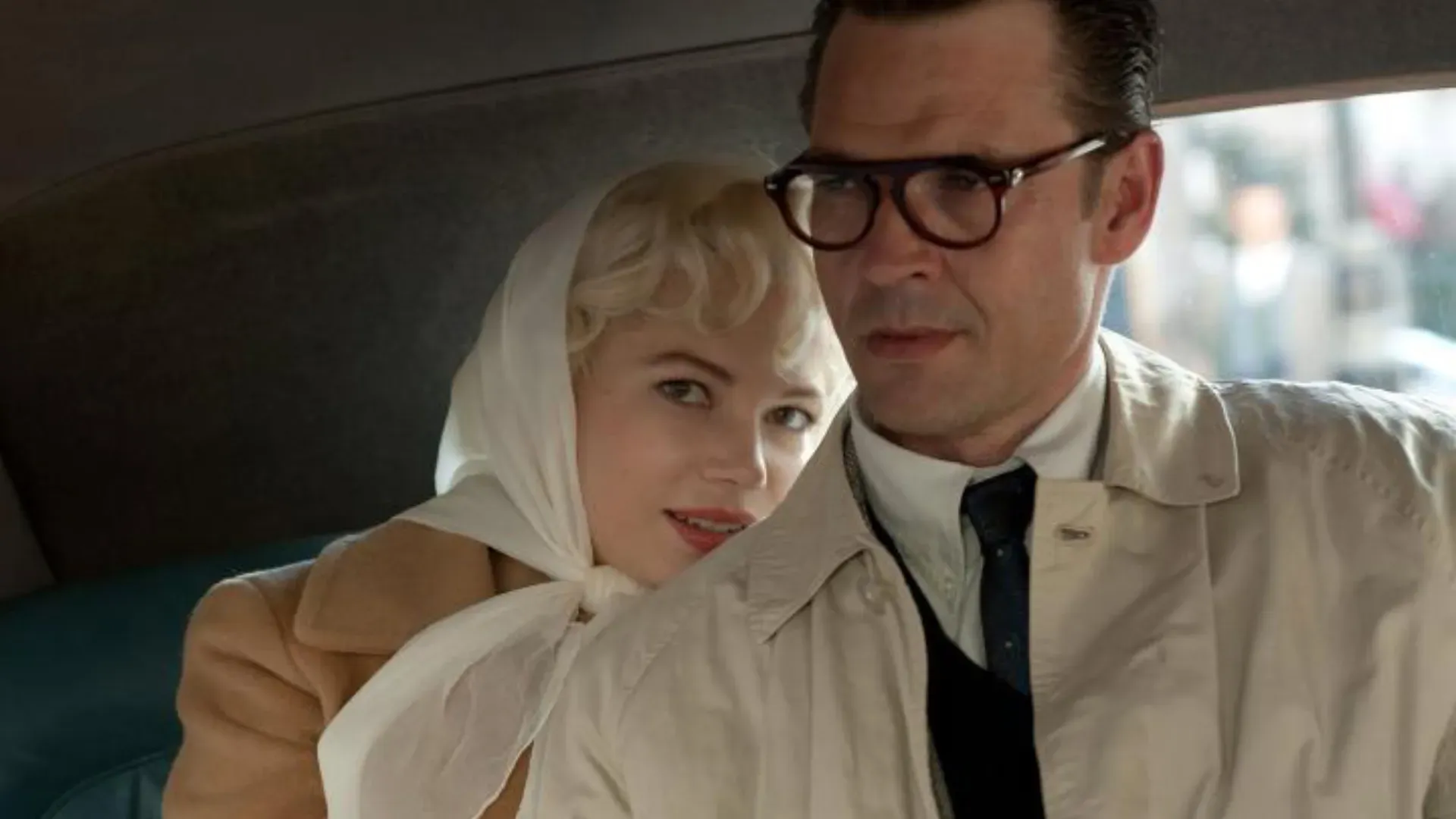
(Source: IMDb)
In this Oscar-nominated historical drama, Scott took on the challenge of portraying the legendary American playwright Arthur Miller, Marilyn Monroe’s third husband. He captured the intellectual weight and quiet frustration of a man trying to connect with a superstar consumed by her own fame and fragility, demonstrating his talent for sophisticated supporting roles.
Major Rory Taylor in Soldier Soldier (1995)

(Source: IMDb)
Though a television series, his time on this long-running British drama was a crucial early career platform. As Major Rory Taylor, Scott gained significant recognition, establishing his on-screen presence and building a solid foundation in the industry before his leap to major film roles.
